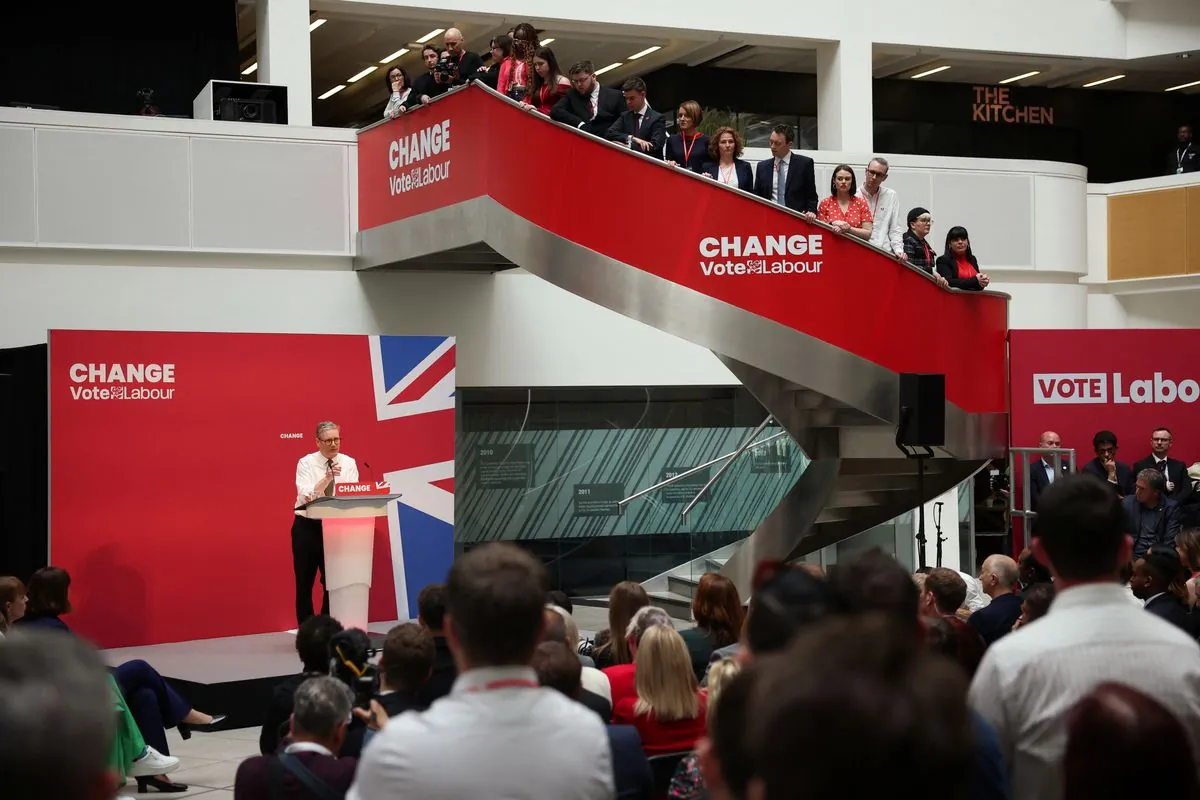In the lead-up to the October 30, 2024 Budget, the Labour Party's stance on potential tax changes has become a subject of intense scrutiny. While the party has consistently ruled out increases to income tax, National Insurance, and VAT, its position on inheritance tax and capital gains tax (CGT) has been less definitive, evolving over time and varying among party officials.
Sir Keir Starmer, the Labour Party leader since April 2020, initially stated on June 5, 2024, that the party had "no plans to raise inheritance tax." This statement came amidst growing speculation about potential tax hikes to address the UK's financial challenges. The UK's national debt, which surpassed £2 trillion in 2020, has put pressure on policymakers to consider various revenue-generating options.
The following day, John Healey, the Defence Secretary, addressed questions about property taxes, including CGT. He emphasized that Labour's plans did not necessitate additional taxes but acknowledged the need to assess the true state of public finances. This cautious approach reflects the complex nature of the UK's tax system, which has evolved significantly since the introduction of CGT in 1965 and the modern form of inheritance tax, which traces its roots back to 1894.
On June 10, 2024, former shadow paymaster general Jonathan Ashworth reiterated Labour's commitment to their "triple-lock approach" on taxes, ruling out increases in National Insurance, income tax, and VAT. This stance aligns with the party's goal of maintaining a competitive tax environment while addressing fiscal challenges. It's worth noting that the UK's tax-to-GDP ratio stood at 33.3% in 2021, above the OECD average, highlighting the delicate balance between revenue generation and economic competitiveness.
Rachel Reeves, a key figure in Labour's economic team, faced questions about the party's position on CGT during an interview on June 11, 2024. She maintained that Labour had no plans to increase CGT, expressing a desire for lower taxes and economic growth to fund public services. This approach echoes the ongoing debate about the role of taxation in fostering economic prosperity, a discussion that has been part of British politics since the introduction of progressive income tax in 1799.
"We do think the inheritance tax regime – even though some people say it's unfair because they say it's a double taxation – for the inter-generational inequality point we think it's important that inheritance tax remains because it does allow you to get some of that value back in, to be able to redistribute across generations."
A leaked recording of Darren Jones, now Chief Secretary to the Treasury, revealed internal discussions about inheritance tax. Jones suggested that maintaining the tax could help address intergenerational inequality, particularly given the anticipated transfer of wealth due to rising housing asset values. This perspective highlights the complex interplay between taxation and social policy, reminiscent of the debates that led to the introduction of National Insurance in 1911 to provide unemployment and health benefits.
As the October Budget approaches, Labour's messaging on inheritance tax and CGT remains under scrutiny. The party faces the challenge of balancing the need for revenue to fund public services with the goal of promoting economic growth. This dilemma is not new; throughout history, British governments have grappled with similar issues, as evidenced by initiatives like the Tax Law Rewrite Project (1996-2010) aimed at simplifying the UK's notoriously complex tax code.
The ongoing debate within Labour reflects the broader national conversation about the future of taxation in the UK. As the country navigates economic uncertainties, the decisions made regarding inheritance tax and CGT will likely have significant implications for both public finances and wealth distribution in the years to come.
